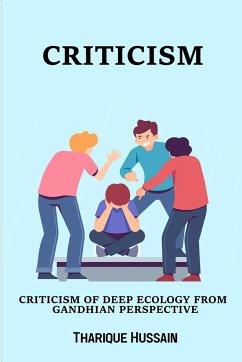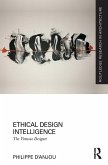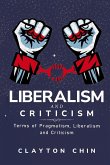Deep Ecology: An Overview; Navigating into the Various Philosophical Schools; Impinging the Historical Records 14 The term deep ecology was academically coined by the Norwegian philosopher, Arne Naess in 1972. His analysis and exploration of environmentalism testify to a common belief that, philosophy is relevant in addressing the burning problems between man and nature relationship in our planet practically. He believes that civilization of the world has broken away hopelessly from the perfection of nature. Developing the idea further, Naess: " believed that philosophy could help chart a way out of the chaos, because, for Naess, it had always been not just a "love of wisdom", but a love of wisdom related to action; and this action without underlying wisdom is useless" (Naess, 1989, p. 1). Deep ecology includes two kinds of facts and values as morally justifiable and considerable; firstly, the living biosphere as a whole and then, a mega-diversity in the ecosystem which constitutes it, and all living and nonliving things, such as humans, sub-humans, plants, rocks and other molecules. This composes a huge eco-system, which is moral concern for deep ecology. Whether any of these contributes to human beings and society is not at all a relevant question. They are to be considered if and only if they contribute to the equilibrium and harmonious life in our planet. The rise of academic studies, especially in environmental ethics, was in latter twentieth century. The sudden alert in the threat behind eco-catastrophe was a significant concern and serious problem after disastrous effects of modern technology came to the surface. In the present scenario we can notice environmental consequences which are caused by technological manipulation of earth and serious ecological disasters in the present and near future. The pre-dominant limitation of traditional ethics is that it is concerned only with human beings as the central category of ethics. The main concern of traditional ethics was mainly with its central tenant that deals with human action that affects other beings. But it is here that the deep ecological thought has a crucial role where a harmonious relationship is a necessary precondition.
Hinweis: Dieser Artikel kann nur an eine deutsche Lieferadresse ausgeliefert werden.
Hinweis: Dieser Artikel kann nur an eine deutsche Lieferadresse ausgeliefert werden.







